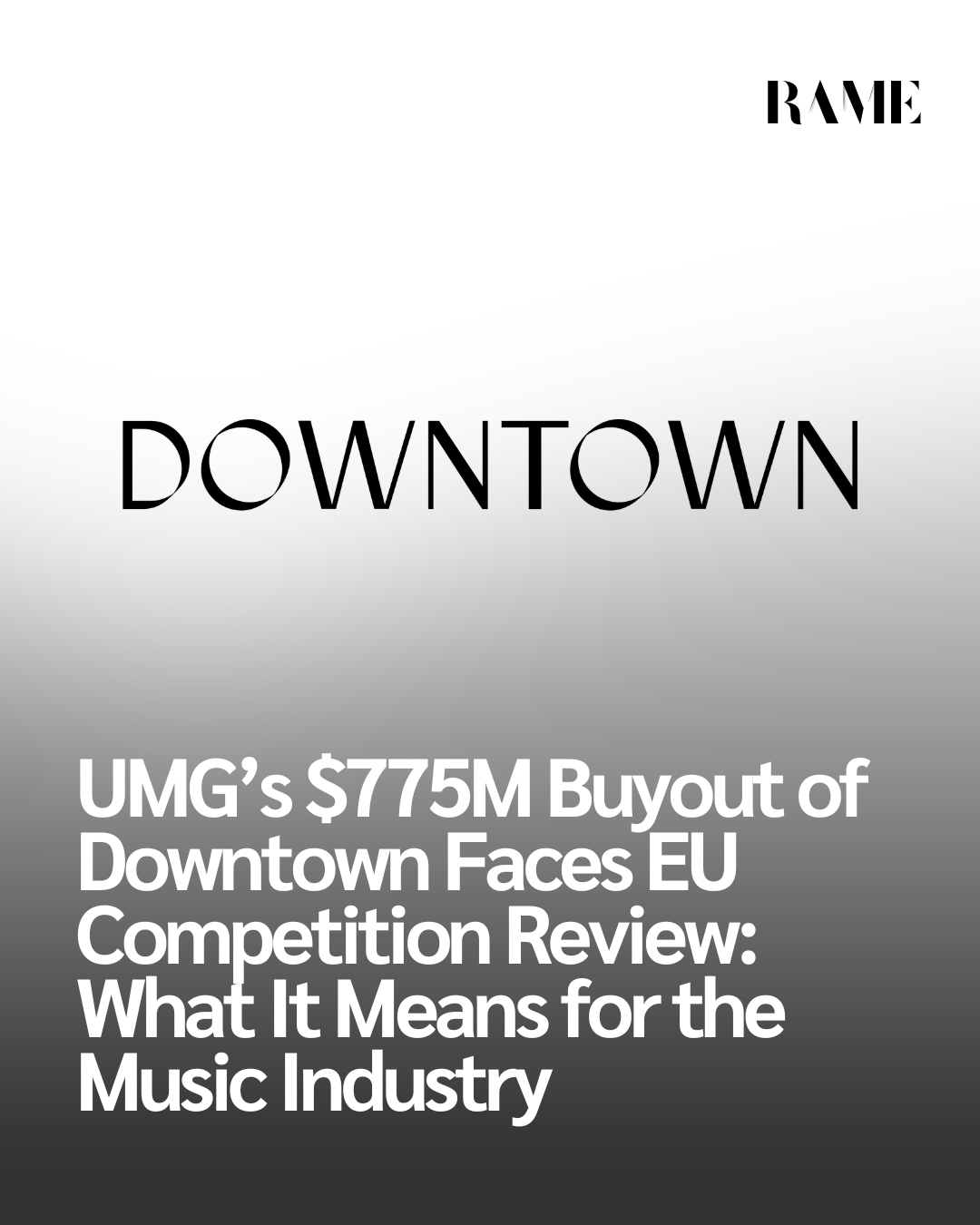Universal Music Group’s (UMG) proposed $775 million acquisition of Downtown Music Holdings is under the regulatory microscope in Europe. After months of speculation and rising concern among independent music stakeholders, the European Commission (EC) has officially launched a formal Phase 1 review of the merger. This pivotal investigation marks a significant moment not just for UMG and Downtown, but for the broader music ecosystem particularly in Europe where competition, diversity, and balance remain critical concerns.
The EC has set a provisional deadline of July 22 to deliver its initial verdict, making this summer a decisive period for one of the most talked-about music industry mergers in recent memory.
The Deal: A Quick Recap
In December 2023, Universal Music Group, the world’s largest music company, announced that its Virgin Music Group division would acquire Downtown Music Holdings LLC for $775 million. This move would bring Downtown’s vast portfolio including services such as FUGA (distribution), CD Baby (independent artist services), and Curve Royalty Systems (rights management tech) under the UMG umbrella.
On paper, this acquisition significantly enhances UMG’s capabilities in the artist and label services space, allowing it to exert even greater influence over how independent artists distribute, monetize, and manage their music worldwide.
Why Europe Stepped In
Interestingly, this deal didn’t initially meet the EU’s usual turnover thresholds that trigger automatic review by Brussels. However, it did meet national notification thresholds in both the Netherlands and Austria. This activated Article 22 of EU competition law, a mechanism that allows member states to refer mergers to the European Commission even if the typical financial thresholds are not met.
This is not just procedural; it reflects deeper regulatory concerns.
The Dutch authority’s decision to escalate the deal under Article 22 prompted Austria to join the referral. Subsequently, the European Commission decided to launch a Phase 1 investigation, which officially began when UMG notified the EC on June 16. The 25-working-day clock is now ticking, with the deadline for a decision set for July 22.
Understanding the Phase 1 Review
A Phase 1 review is the first hurdle in the EU’s merger control process. Its goal is to identify whether the proposed acquisition may “significantly affect competition” in the European market. The focus will be on the music value chain, and whether UMG’s acquisition of Downtown could give it unfair dominance over competitors, particularly in artist distribution and services.
Should the Commission find “serious competition concerns”, the deal would then move to a Phase 2 investigation, which can last up to 90 additional working days and involves a much deeper examination of market impact.
However, European Commission statistics show that over 90% of cases are resolved in Phase 1, often without requiring remedies. Only a small fraction escalate to Phase 2.
Why the Scrutiny Matters
At the heart of the investigation is a larger debate about market consolidation in the music industry. UMG already commands a huge share of global recorded music revenues, and the addition of Downtown’s tools and services would only deepen its dominance especially in areas traditionally supporting independent artists and labels.
Downtown’s platforms such as CD Baby and FUGA have long been go-to services for indie musicians and smaller labels looking to distribute their music without major label interference. Bringing these under the UMG umbrella raises fears of reduced competition, higher service fees, and fewer choices for artists.
Backlash from the Indie Music Community
One of the most vocal critics of the deal has been IMPALA (Independent Music Companies Association), a Brussels-based trade body that represents over 6,000 independent music companies across Europe. IMPALA welcomed the European Commission’s move to investigate, calling for nothing less than a complete block of the acquisition.
Helen Smith, IMPALA’s Executive Chair, has made strong statements against the deal. She emphasized that only a full rejection by the Commission would protect the “balance, harmony, and diversity in the ecosystem.”
Smith added: “We have been keen to see the assessment get started, so this is great news. There is only one outcome to prevent harm and that is for the EC to block this outright.”
The growing concern isn’t limited to trade groups. Senior figures such as economist Aurore Lalucq have raised questions directly to EU officials. Lalucq submitted a formal query to Teresa Ribera, the Commission’s Executive Vice President for Competition, asking whether the merger aligns with EU policies aimed at fostering a diverse digital economy.
Additionally, Professor Amelia Fletcher, former Chief Economist of the UK’s competition authority, penned an open letter warning that the deal could create anti-competitive effects across the music sector.
UMG Remains Confident
Despite the scrutiny and backlash, UMG maintains an optimistic outlook. A spokesperson stated in April: “We look forward to continuing to co-operate with the European Commission in the weeks ahead. We are confident that we will close this acquisition in the second half of the year, on its original timeline.”
Their confidence likely stems from the fact that most mergers reviewed in Phase 1 are cleared without issue. UMG may also argue that its acquisition of Downtown’s services would help streamline offerings, reduce redundancies, and create more opportunities for global artists through a unified system.
But critics argue that this kind of vertical integration is precisely what could hurt the industry’s equilibrium, giving UMG too much control over who gets access to what resources and at what price.
What Happens Next?
The clock is ticking toward the July 22 deadline. By then, the European Commission will announce whether:
- The deal is cleared unconditionally.
- The deal is approved with conditions (e.g., divestitures or conduct commitments).
- The case moves into a Phase 2 review.
- The deal is blocked outright (rare, but possible).
For now, all eyes are on Brussels as it weighs whether UMG’s expansion through this acquisition will boost innovation and artist support, or instead squeeze out competition and further entrench the dominance of the major label system.
Why This Case Is a Bellwether for the Industry
Beyond the immediate implications for UMG and Downtown, this case is being closely watched as a litmus test for how Europe handles Big Music in the digital age. With tech-driven services and music distribution becoming increasingly central to the business, questions about fair access, monopoly power, and artist rights are becoming more urgent.
Whether this acquisition is waved through or blocked will set an important precedent not just for future deals involving UMG, but for how regulators define and defend competition in creative industries where digital platforms dominate.
Final Thoughts
In an era where artists crave independence and transparency, the consolidation of power in the hands of a few giants is a double-edged sword. On one hand, global resources and infrastructure can boost careers. On the other, gatekeeping and reduced choice can stifle creativity and competition.
As the European Commission gears up for its July 22 ruling, the global music industry is holding its breath. The outcome of this investigation could shape the future of music distribution, indie empowerment, and market fairness for years to come.
Whether UMG’s bet on Downtown gets the green light or hits a regulatory red light, one thing is clear: the stakes have never been higher.



